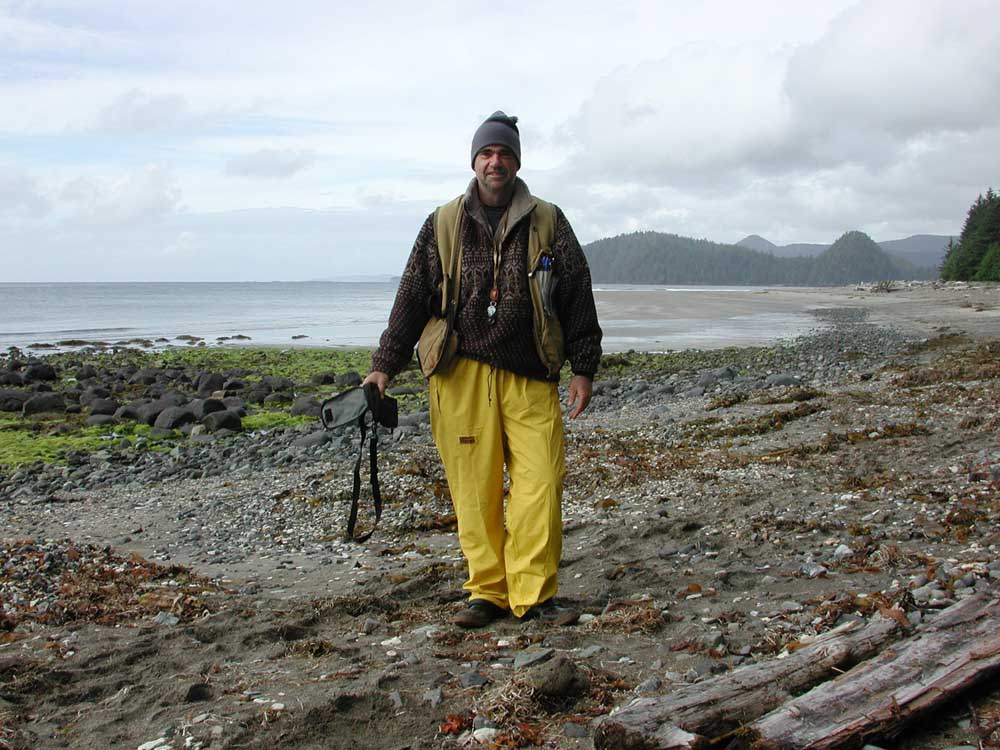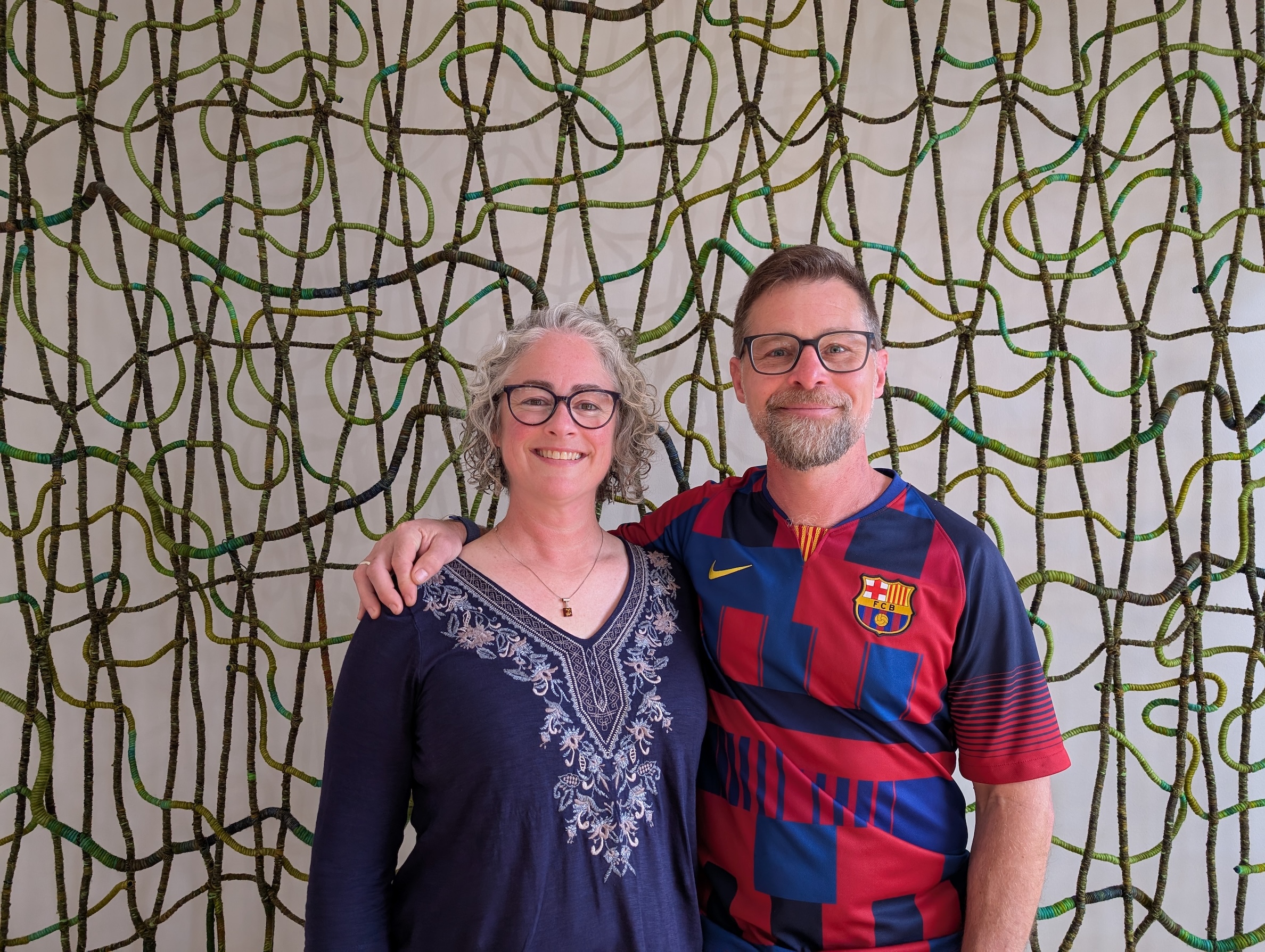Bookmonger: New ways of understanding evolution?
Published 3:24 am Thursday, August 30, 2018

- Author Peter Ward.
With every book I’ve ever read by Peter Ward — the University of Washington professor of paleontology and astrobiology who has interests in geology and zoology — I’ve been lured in by the energy and provocative nature of his writing. Bless the fellow for his efforts to bring science to a general audience. It isn’t his fault I’ve sometimes found myself mired, mid-book, in concepts and controversies beyond my comprehension. But the urgency of the writing always brings me back.
So of course I pulled Ward’s brand-new book, “Lamarck’s Revenge,” off the bookshelf last week and have been working my way through this fascinating and at times confounding exploration of a mechanism of inheritance called epigenetics that, although once discredited, is receiving attention once again.
As Ward tells it, early in the 19th century, French naturalist Jean-Baptiste Lamarck proposed an early hypothesis of evolution based on the idea that life forms were not only impacted by their environment, but they could then transmit those impacts to their offspring. Giraffe’s elongated necks, for example, might be explained by the stretching activities of the parent giraffes for water or food, which then led to the lengthened necks of their calves.
Even in his own era, Lamarck’s ideas met with resistance and derision. And by the time Charles Darwin and Alfred Russel Wallace came along a few decades later with a more thoroughly argued, evidence-based theory of natural selection that manifested over a much longer span of time, Lamarck’s work lost credence in most scientific circles.
But as Ward points out, all of these fellows were operating prior to the mid-20th century discovery of DNA. And in our era, following more recent research such as the Human Genome Project, more scientists are delving into complex questions that once again are arising around heritable epigenetics, or the transmission of acquired characteristics to offspring. But even in the 21st century, this scientific pursuit, sometimes referred to as “neo-Lamarckism,” is not without controversy.
In “Lamarck’s Revenge,” Ward decries the scientific establishment’s resistance to epigenetics and argues that there should be room for this kind of exploration: “Science is more of a template for action than the sum of its discoveries.”
And he makes a powerful case for more study. If it turns out that the epigenetic paradigm is valid, this could help people understand that there are implications beyond solely personal impact in the way they behave and the risks they take: the drinks imbibed and the drugs ingested, the plastics used, the fumes tolerated. Epigenetics may offer a new way of comprehending that our behavior and our environment affect not only our own bodies and cellular make-up, but also the genetic information we pass along to our offspring.
Habitat loss, warfare, chemical prevalence, climate change, stress! Ward discusses how all of these things might impact us, and our descendants, at the cellular level. It is terrifying, but also motivating. Shouldn’t we want to learn more about this?
The Bookmonger is Barbara Lloyd McMichael, who writes this weekly column focusing on the books, authors and publishers of the Pacific Northwest. Contact her at bkmonger@nwlink.com.
Lamarck’s Revenge
By Peter Ward
Bloomsbury
288 pp
$28





